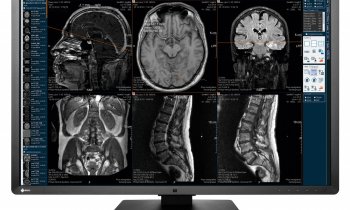Green tea is an affair of heart
Not only for green tea fanciers. A recent study published in the European Journal of Cardiovascular Prevention and Rehabilitation shows that drinking green tea improves the function of cells lining the vascular system and therefore protect vessels from atherosclerosis, reported the European Society of Cardiology.

Damage of the inner vessel wall - the so-called endothelial dysfunction – is a key event in the progression of atherosclerosis and therefore the cause of many diseases such as ischaemia, thrombosis, heart attack or stroke. However, the dilatation of the brachial artery as a result of increased blood flow (following a brief period of ischaemia of the upper limb) is related to endothelial function and is known to be an independent predictor of cardiovascular risk.
The European Society of Cardiology Prevention and Rehabilitationhints now at a study of Dr Nikolaos Alexopoulos and colleagues at Athens Medical School who measured the diameter of the brachial artery of healthy volunteers on three separate occasions - after taking green tea, caffeine, and hot water (for a placebo effect). The measurements were taken at 30, 90 and 120 minutes after consumption. The Results: After drinking green tea the endothelium-dependent brachial artery extended significantly, with a peak increase of 3.9 per cent 30 minutes after consumption. The effect of caffeine consumption (or hot water) was not significant.
While black tea has been associated with improved short and long-term endothelial performance, this is the first time that green tea has been shown to have a short-term beneficial effect on the large arteries. Another study has already shown that green tea reverses endothelial dysfunction in smokers.
Green tea, which originates in China but is now consumed throughout the world, is made with pure leaves, and has undergone little oxidisation during processing. The cardiovascular benefits of all teas - as well as dark chocolate and red wine - are attributed to the flavonoids they contain and their antioxidant activity. However, says investigator Dr Charalambos Vlachopoulos, flavonoids in green tea are probably more potent antioxidants than in black tea because there has been no oxidisation.
"These findings have important clinical implications," says Dr Vlachopoulos. "Tea consumption has been associated with reduced cardiovascular morbidity and mortality in several studies. Green tea is consumed less in the Western world than black tea, but it could be more beneficial because of the way it seems to improve endothelial function. In this same context, recent studies have also shown potent anticarcinogenic effects of green tea, attributed to its antioxidant properties."
Photo: European Society of Cardiology
02.07.2008








